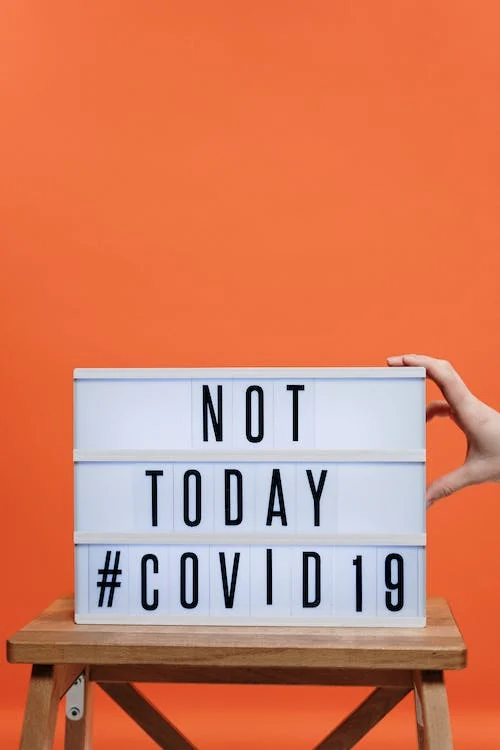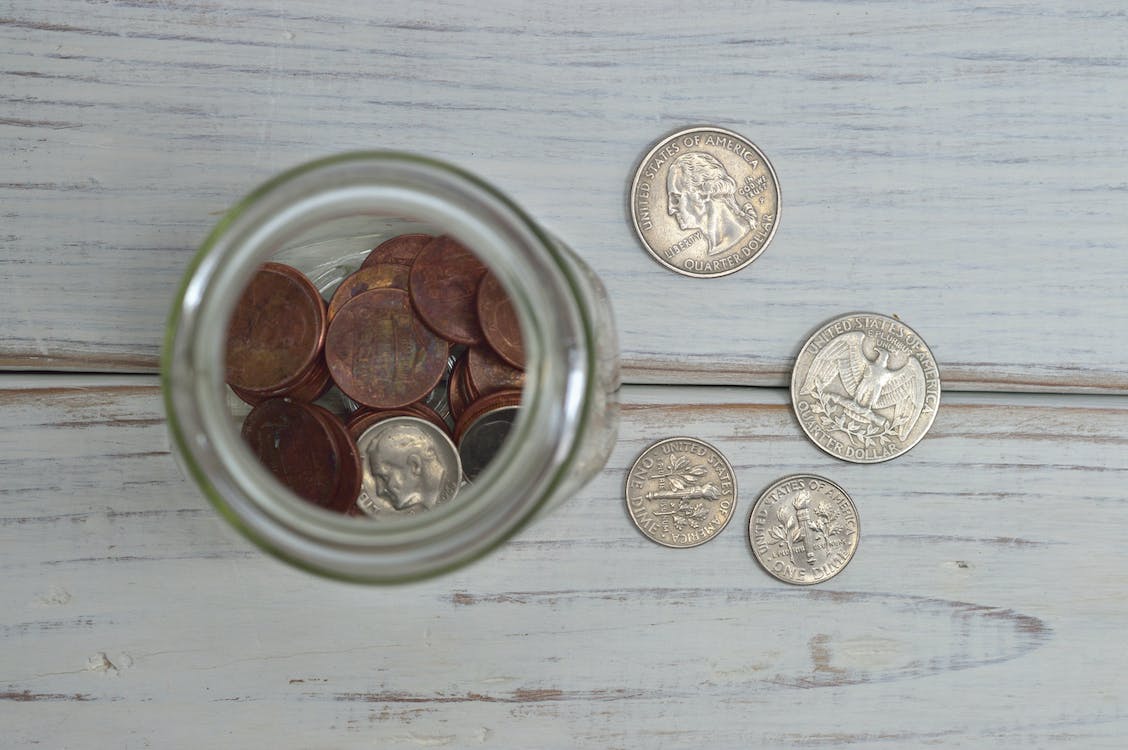
That is unquestionably the conclusion Jill Schlesinger came to. Schlesinger works for CBS News as a business analyst and licensed financial planner. The Great Money Reset, a new book she wrote, is based on her conversations with callers to her personal finance podcast, Jill on Money. Many of the callers were thinking of making their own Big Quit, but were unsure of their abilities or the best course of action.
Schlesinger claims that while inquiries about changing employment to improve work-life balance aren't unheard of in the personal finance industry, they significantly increased during the epidemic. And she claims it is only the first of several significant shifts that will have an impact on the future of personal finance.
People who contacted her program during the pandemic wanted greater control over their schedules and working environments, she claims. Many people came to the conclusion that they wanted to work less or differently, have more flexibility in their professions, work at a less stressful position, or switch to a new career with the benefit of time and the calm of the epidemic. They may not necessarily want to give up life's conveniences, but they are prepared to make at least some financial sacrifices to do so.
The statistics are not everything
In the area of personal finance, financial sacrifice is something you don't hear about very often. This is due to the fact that most personal financial experts and planners concentrate on building up assets with a long-term time horizon in mind: retirement. The idea of financial sacrifice doesn't really belong in that culture. Schlesinger thinks that has altered because of the epidemic, which has made investors painfully aware that they could not live to retire and that it's a good idea to consider how to enjoy part of that money now. Schlesinger asserts that in order to take it into account throughout the financial planning process, advisers will need to get to know their customers better.















